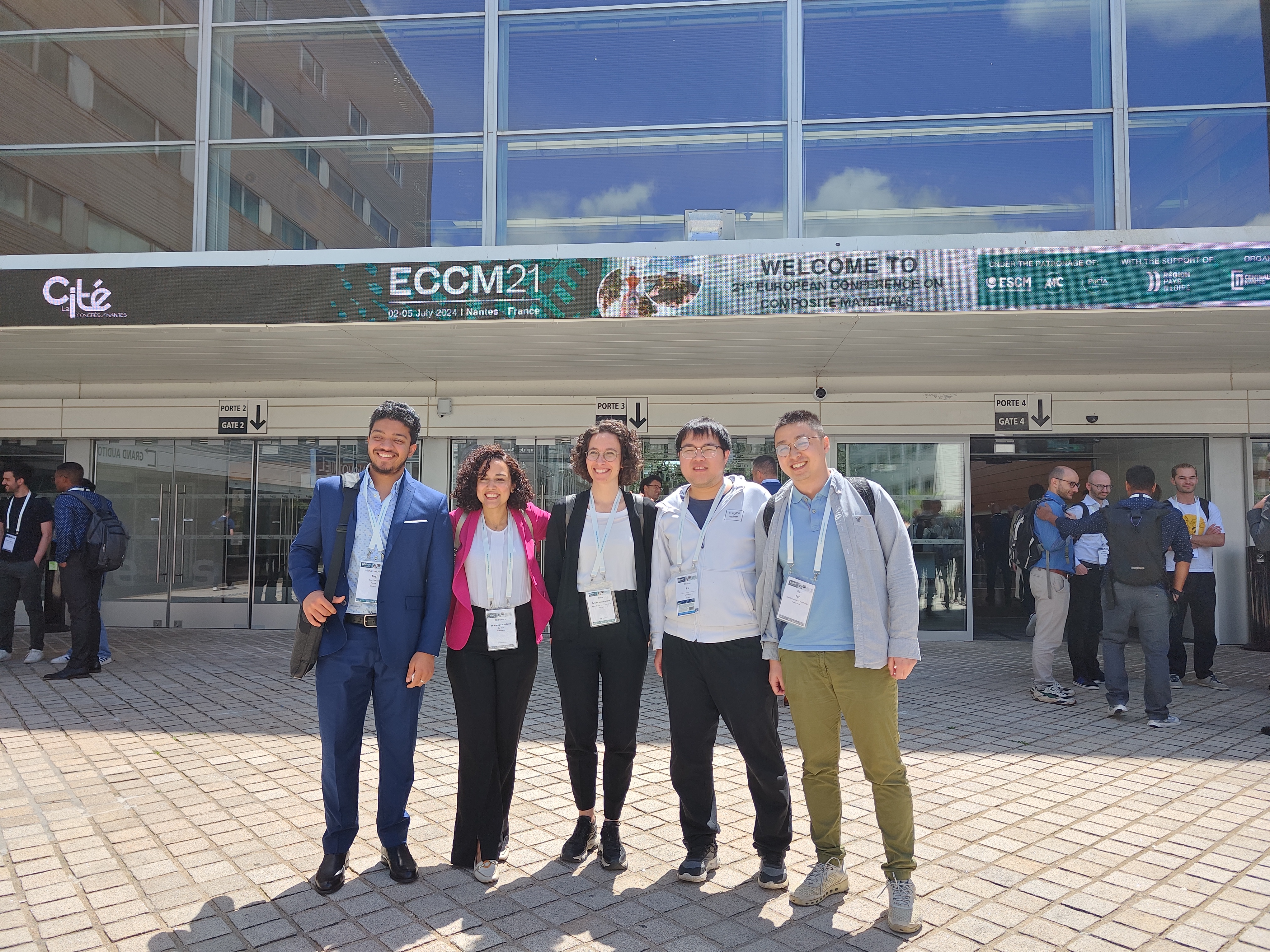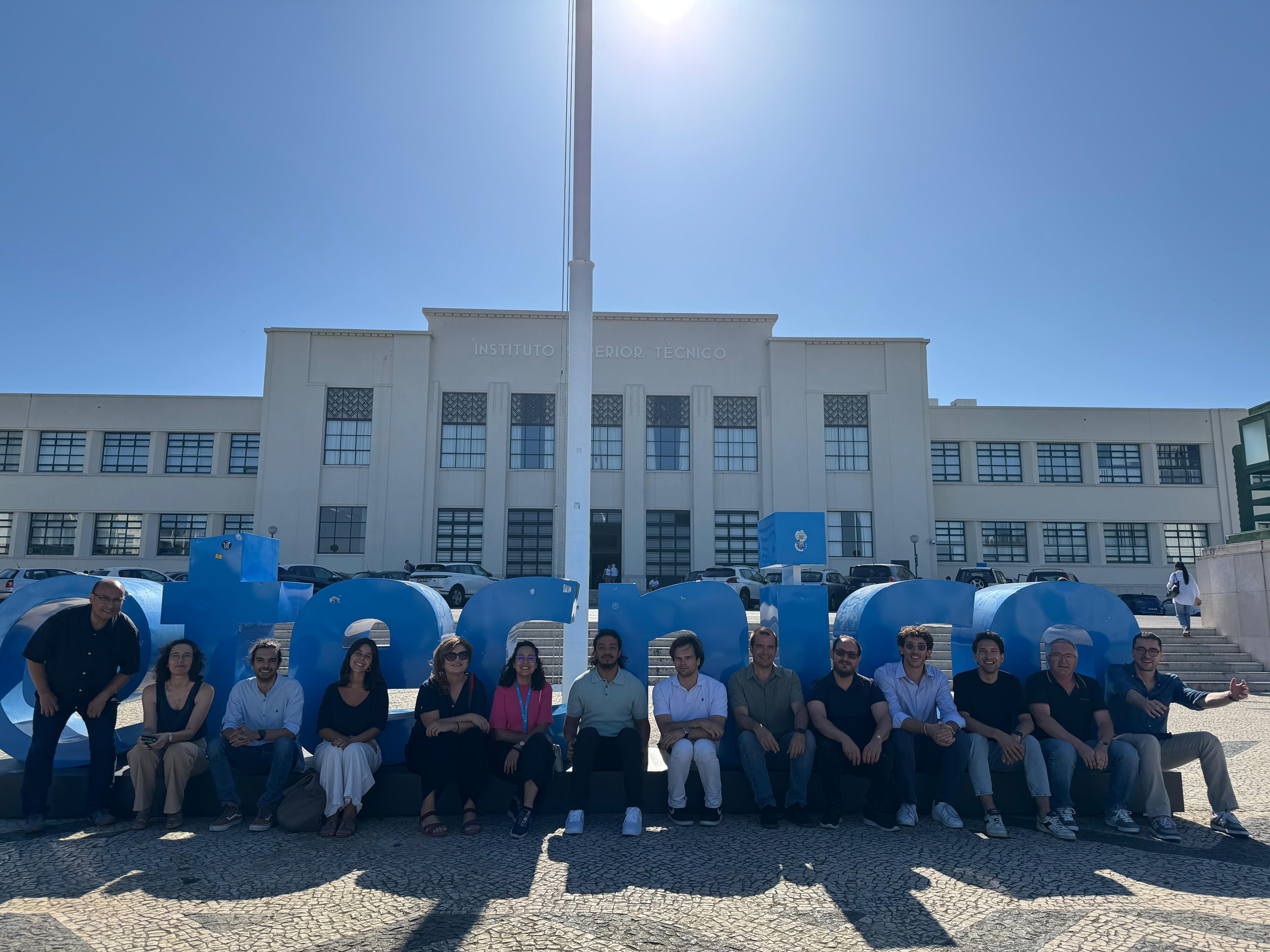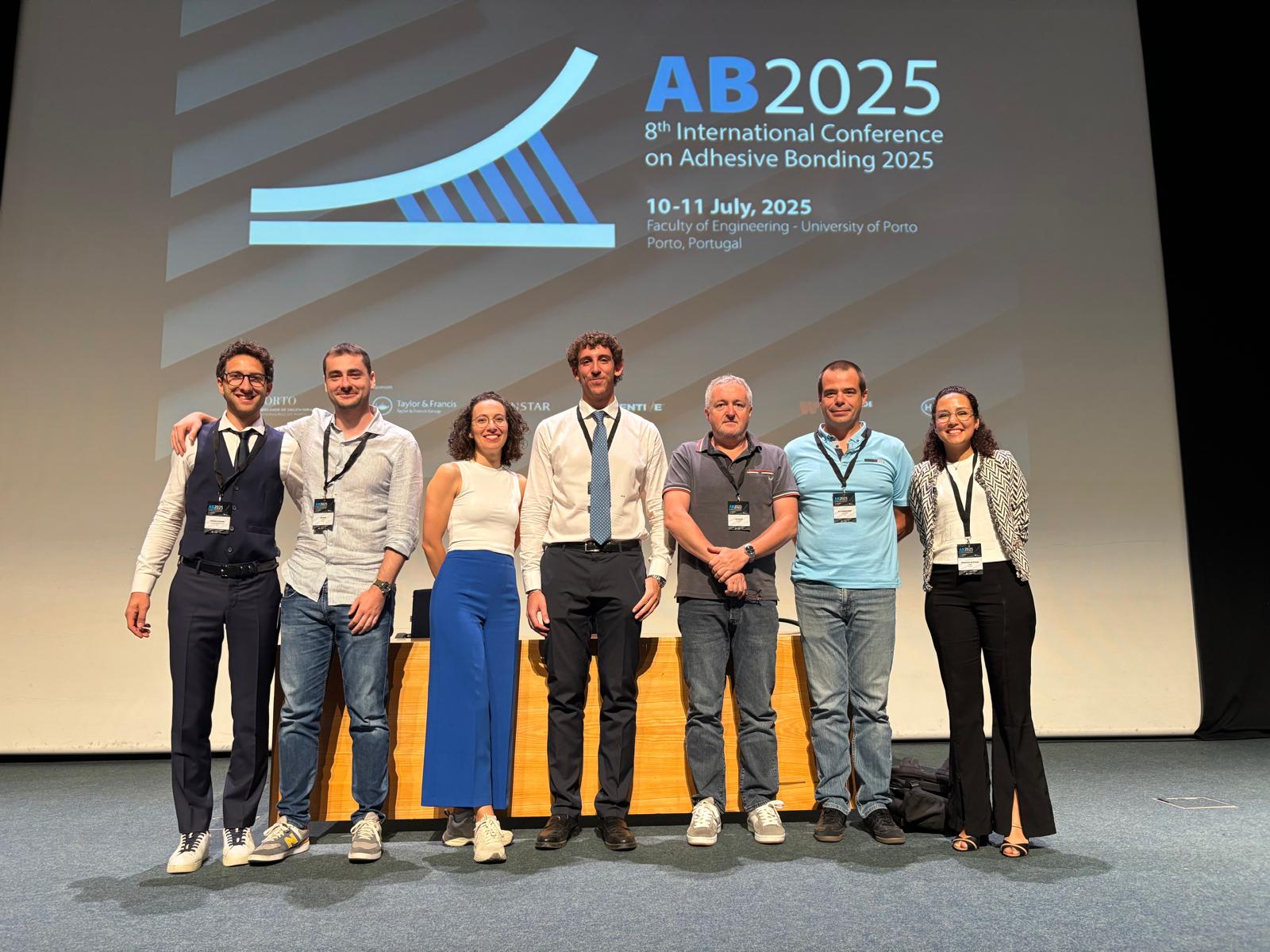
By combining experimental methods with advanced monitoring techniques, numerical modeling, and biomimetic design, we address challenges in adhesive bonding, composite materials, and sustainable engineering solutions. Here are the most recent topics studied in our lab:
Tailoring Composite Substrates: Exploring how modifying the stacking sequences of carbon fiber-reinforced polymer substrates can improve the damage tolerance of adhesively bonded joints.
Biomimetic Toughening Structures: Drawing inspiration from the molecular design of spider silk, the lab studies 3D-printed polymeric structures that incorporate sacrificial bonds and hidden lengths. When embedded in polymer resins, these structures enhance the toughness of layered materials and create a supporting framework that enables alternative load paths.
Characterization of Metal-to-Composite Interfaces: The integration of composites into traditional metal-based structures requires joining conventional metal parts with new composite materials. The lab has developed innovative methods for fracture characterization of bi-material bonded joints, with extensive expertise in metal-to-polymer interfaces.
Bio-Based Adhesives: In pursuit of sustainable bonding solutions, the lab explores adhesives derived from bio-renewable raw materials. Research includes the development and characterization of bio-based adhesives, aiming to replace conventional petroleum-based adhesives without compromising performance.
Latest Publications



